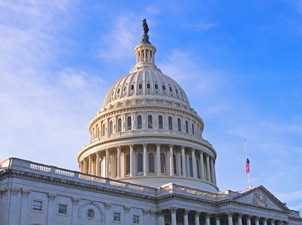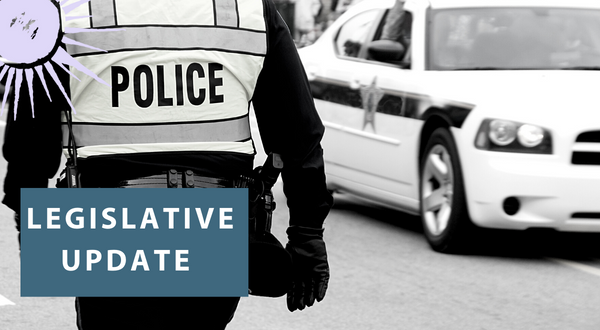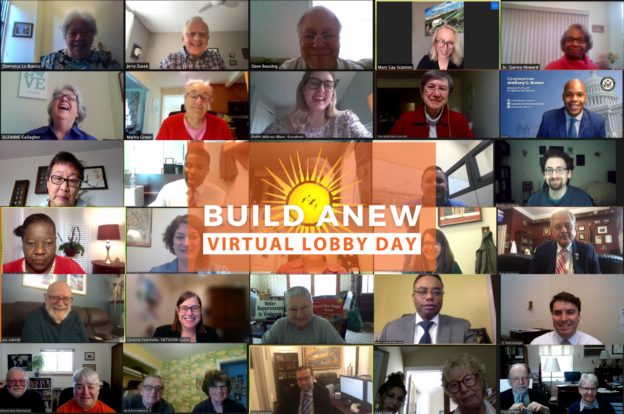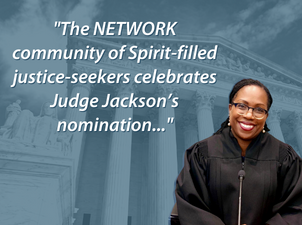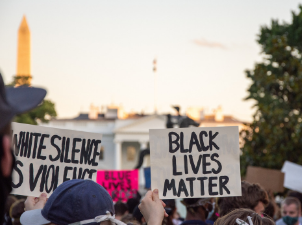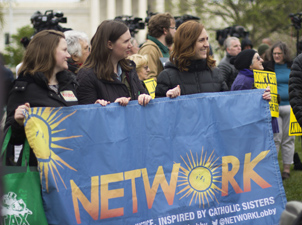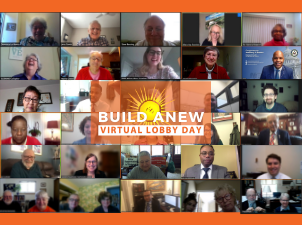
The EQUAL Act Helps Us Dismantle and Build Anew
Joan Neal and Sr. Mara Rutten, RSM
April 13, 2021
The Eliminating a Quantifiably Unjust Application of the Law (EQUAL) Act (H.R.1693/S.79) is bipartisan legislation that seeks to eliminate the disparity in sentencing for cocaine offenses, a major contributor to mass incarceration, and apply retroactively to those already convicted or sentenced.
The EQUAL Act was introduced in the House on March 9, 2021 by Representatives Hakeem Jeffries (D-NY-08), Bobby Scott (D-VA-03), Kelly Armstrong (R-ND-AL) and Don Bacon (R-NE-02). Across the Capitol, Senators Cory Booker (D-NJ) and Dick Durbin (D-IL), both members of the Senate Judiciary Committee, had previously introduced the bill on January 28, 2021.
Before introducing the bill, Senator Booker said, “For over three decades, unjust, baseless and unscientific sentencing disparities between crack and powder cocaine have contributed to the explosion of mass incarceration in the United States and disproportionately impacted poor people, Black and Brown people, and people fighting mental illness… I encourage my colleagues to support the EQUAL Act as a necessary step in repairing our broken criminal justice system.”
While there are many provisions within the justice system that produce discriminatory and racist impacts, the crack/powder sentencing laws are among the most obvious. For many years now, science and experience have shown us there is no difference between use of crack or powder cocaine. Neither one is more or less addictive nor produces more violent behavior in the user. The difference is that crack cocaine has historically been used in more urban communities of color, specifically Black communities, while powder cocaine has more often been found in whiter, more suburban communities. The racial implications couldn’t be clearer.
Furthermore, the sentencing disparity between these two drugs has contributed significantly to the growth of mass incarceration in this country. According to FAMM, in 2019 alone, 81% of those convicted of crack cocaine offenses were Black, even though historically, 66% of crack cocaine users have been white or Hispanic. It is time to end this racist policy and restore proportionality in sentencing.
Events of the past few years have illuminated the systemic inequalities in our country’s criminal legal system. At NETWORK, we cannot continue to tolerate racial profiling, police brutality, the loss of another generation to mass incarceration, or the perpetuation of poverty. As we Build Anew, we affirm the truth that every person is entitled to dignity and equal justice under law. It is time for Congress to act and take a firm stance against institutional racism embedded within the criminal legal system by passing the EQUAL Act (H.R.1693/S.79).







